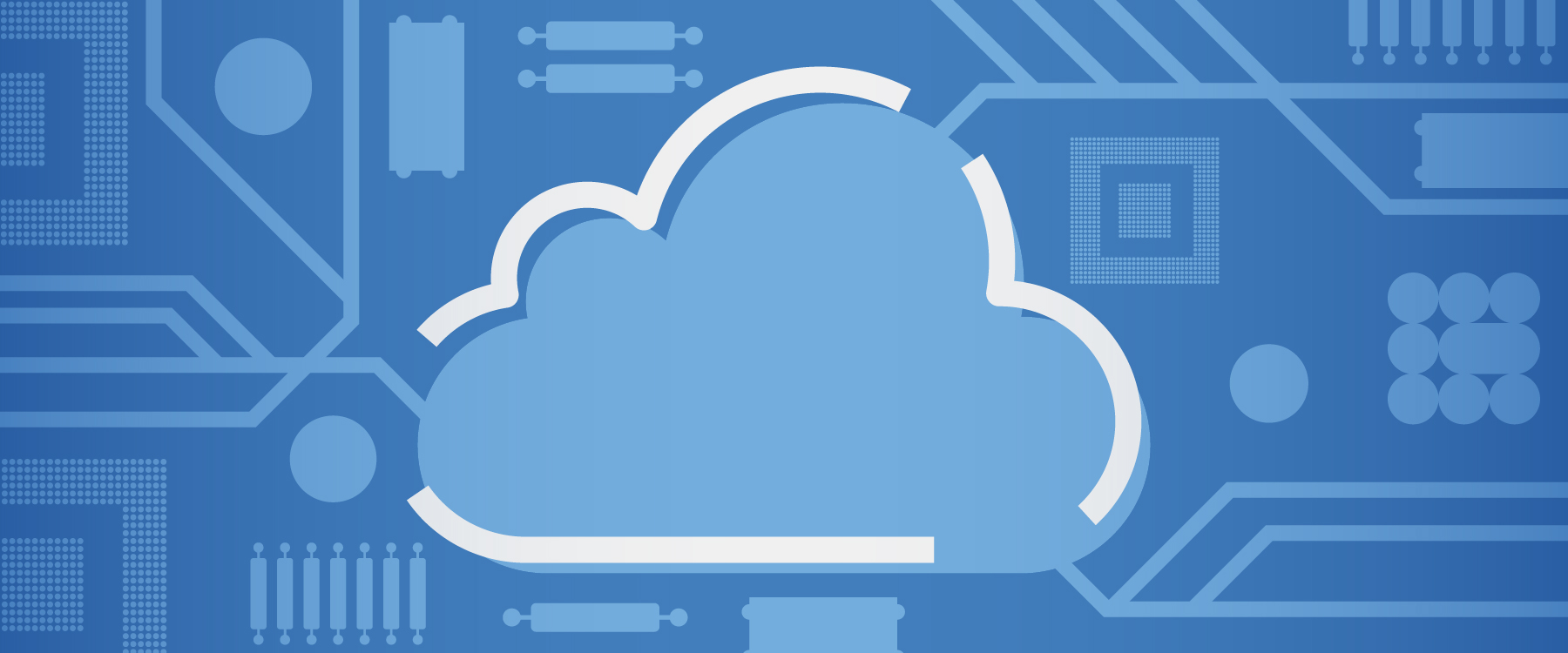Cloud computing is the king of the hill nowadays. The ability to rent exactly as many resources as needed to run your systems and scale them up and down on request is awesome. The fact that you are not limited by a single Ethernet card throughput capacity for your server and instances of your apps can be run in containers close to your target audience — is plain mind-blowing. However, configuring the cloud systems and tools correctly can be quite complex, and misconfiguration can cause significant overspending. This is why the businesses that want to be on the safe side go for managed cloud computing services — and today we will discuss all the benefits of this decision.

What are the main characteristics of cloud computing platforms like AWS, Google Cloud or Microsoft Azure? Here is a brief overview:
- Security. Azure boasts hosting 95% of Fortune500 companies — global corporations with billions worth of sensitive data. These customers take their security quite seriously — and cloud platforms can provide it. As another example — AWS hosts the US DoD and CIA, which proves the point once more.
- Scalability. Cloud architecture allows combining all the resources of a server rack, a data center, of several data centers in one location into one availability pool. Users get pieces of this pool and can scale them up and down on request quite fast. The unused resources go back to the pool at once, minimizing the OPEX.
- Cost-efficiency. You don’t have to buy the server hardware or pay for the data center maintenance when you use the cloud. Well, these expenses are paid by customers, but as there are hundreds of thousands of customers, CAPEX are pretty much nullified, and you pay only for the resources you use – the so-called Pay-as-you-go billing model. Besides, all cloud platforms provide various long-term discounts and customized billing schemes for customers that need the resources at scale.
- High-availability. Your products and services can run in multiple geographical regions at once and can be moved between Availability Zones with ease. Moving your workloads from Europe to the US in a matter of minutes, instead of days is a huge advantage.
- End-to-end solutions. Cloud provides SaaS, PaaS and IaaS services, helping software engineers handle all aspects of product management. You can run a complex system using PaaS tools like Google App Engine or AWS lambda while barely looking under the hood — or you can gain full control over your operations and build a private cloud segment inside your AWS account from scratch.
As you can see, cloud computing benefits are numerous and indisputable. However, there is one very important prerequisite: In order to achieve all the above, you must know what you are doing. In other words, to use the cloud correctly you must know how to use the cloud correctly. Otherwise, a system misconfiguration can cause huge overspending of resources, and under the PAYG approach, this can result in exorbitant payments.

There are various ways to obtain the expertise needed to run cloud systems cost-efficiently. You can hire a DevOps engineer internally, subscribe to managed services package from your cloud platform, hire freelancers on platforms like TopTal and Upwork — or you can contact a Managed DevOps Services provider company. Why the latter approach is the best choice?
Because when working with an MSP you get the legal coverage of NDA and SLA. Because the contractors handle the hiring and replacement of the required talents, so you don’t have to waste time on recruitment and can access the pool of talents at once. Because working with a company is much more reliable as compared to working with a freelancer. Because MSPs prefer to use open-source tools, so you will avoid vendor lock-in. Because MSPs have ample experience in providing cloud computing services and can offer ready solutions for most of the challenges your project faces. Make your pick, all of these points are valid.

